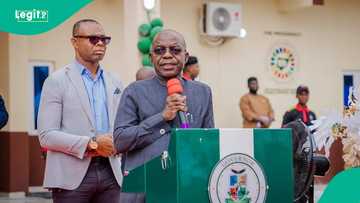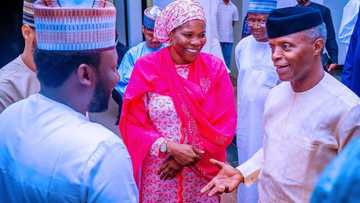How many members are in the House of Representatives in Nigeria?
Politics is always the favourite topic of conversation for many Nigerians, but how many of them know their representatives? Nigeria has a bicameral Legislature and the House of representatives is its lower house. How many members are in the House of Representatives? Let's find out!
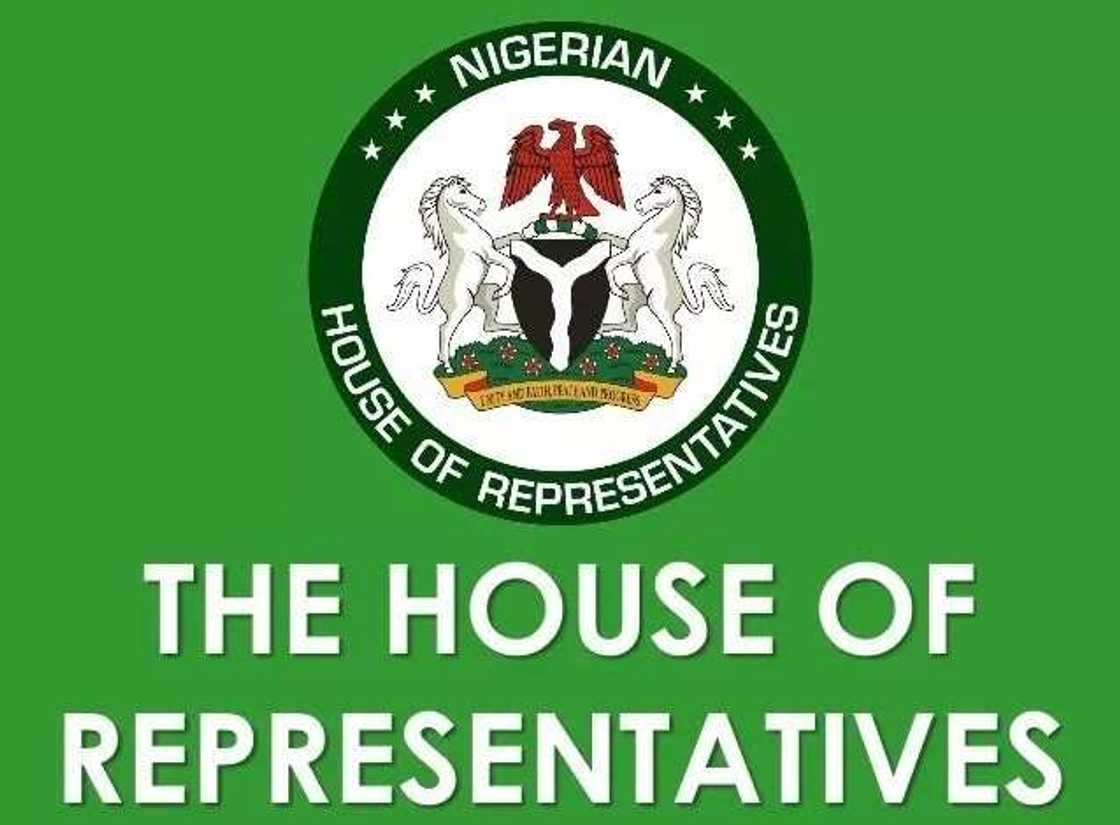
What is the House of Representatives in Nigeria?
According to the Constitution. The upper house is, of course, the Senate, the House of Representatives has the power to create laws for the order, peace and good governance of the country. It also is empowered to create committees out of its own members to scrutinise the conduct of government officials and institutions, as well as the bills. In addition to that, the House of Representatives can also legislate on Residual, Concurrent and Exclusive lists.
Every four years, the House of Representatives Nigeria has elections to select new members. The most recent election was held in April 2015 through the first-past-the-post voting system.
Nigerian House of Representatives: how many members does it have?
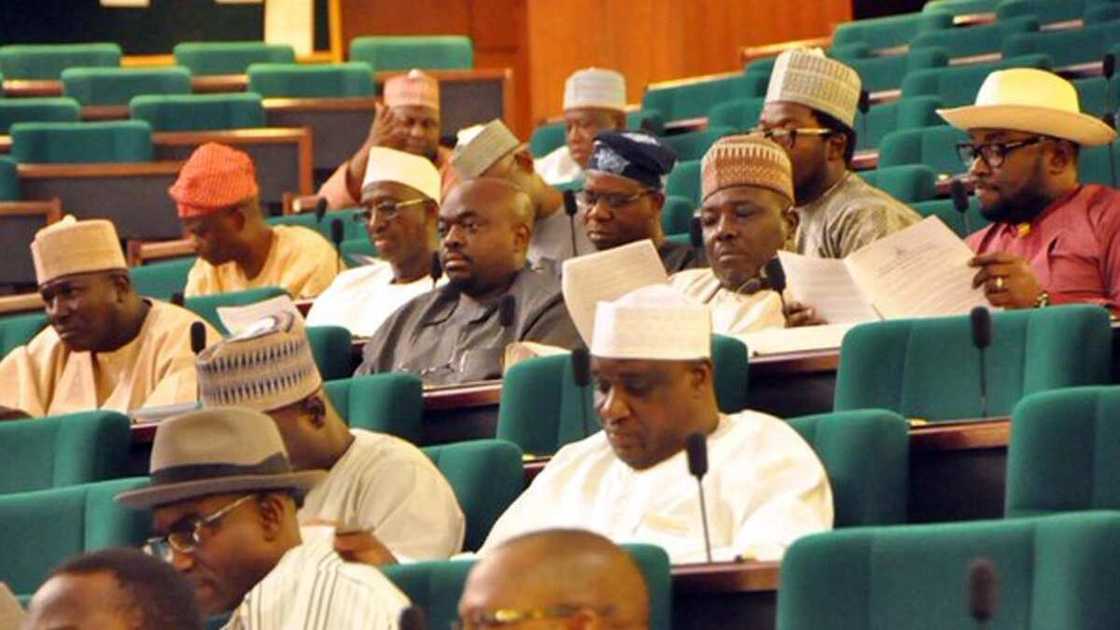
According to the legislation, the House of Representatives in Nigeria has 360 members. Of course, it would take too long if we were to list off all 360 members of the House of Representatives, so we will not do it. However, you can click here and see the full list.
Out of 360 seats, 225 belong to the ruling Party, which is the All Progressives Congress. 125 seats are occupied by the members of the People’s Democratic Party and the 10 seats that are left are filled with members of other parties. All of them, including the members of the PDP, belong to the opposition.
Members of the House of Representatives represent federal constituencies in their home states . Thus, the bigger the state is by population, the more seats it has in the House. Here is how it works:
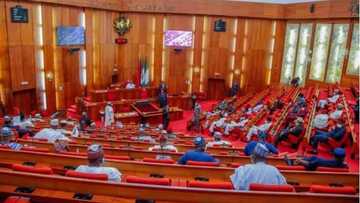
Read also
Breaking: Senate amends Electoral Act to allow political office-holders vote at congresses, primaries
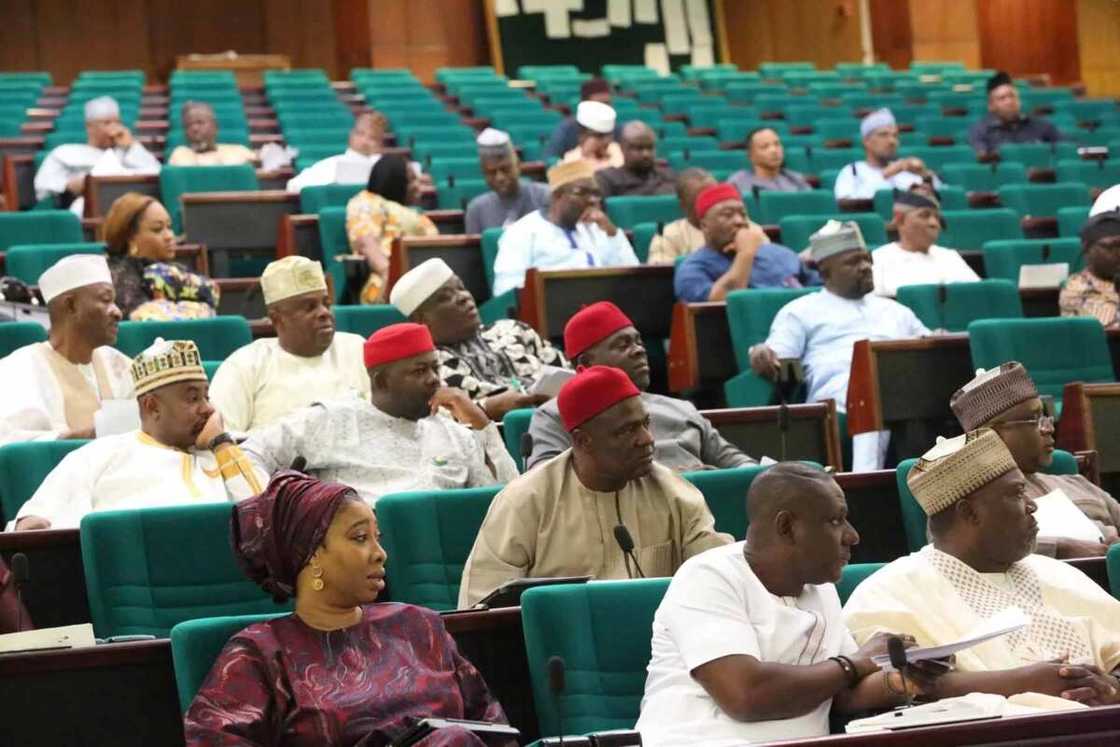
READ ALSO: Main political parties in Nigeria and their leaders in 2017
- Two largest states, Kano and Lagos, have 24 seats each in the House of Representatives;
- Kaduna State has 16 seats;
- Katsina has 15;
- Oyo has 14;
- Rivers has 13;
- Bauchi has 12;
- Anambra, Benue, Jigawa and Sokoto states have 11 seats each;
- Akwa-Ibom, Borno, Delta, Imo and Niger states have 10 seats each;
- Edo, Kogi, Ogun, Ondo and Osun states have 9 seats each;
- Abia, Adamawa, Cross River, Enugu, Kebbi and Plateau states have 8 seats each;
- Zamfara has 7;
- Ebonyi, Ekiti, Gombe, Kwara, Taraba and Yobe states have 6 seats each;
- Nasarawa and Bayelsa have 5 seats each;
- FCT Abuja has 2 seats.
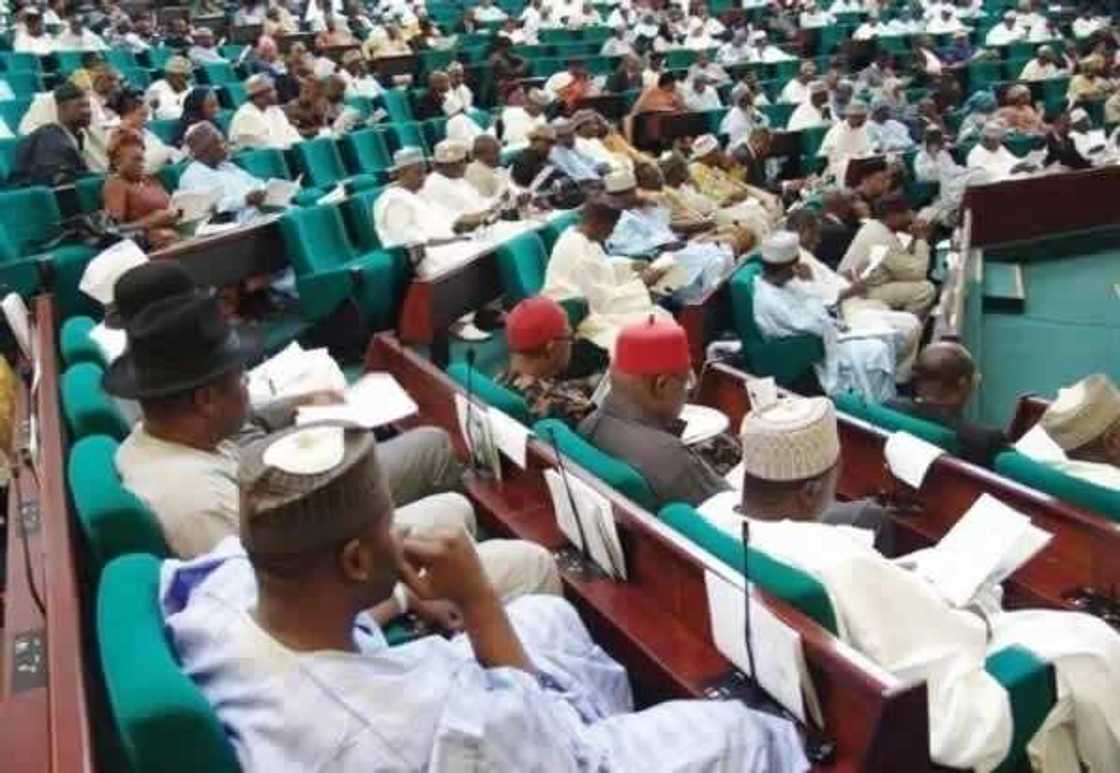
The House of Representatives has a presiding officer in the form of a Speaker. Since 2015, Yakubu Dogara is the House of Representatives Speaker. The House also has a Deputy Speaker; as of right now, this post is occupied by Yusuf Sulaiman Lasun.
Apart from the Speaker and Deputy Speaker, the House of Reps also has House Majority Leader (Olufemi Gbajabiamila), Deputy Majority Leader (Umar Buba Jibril), Minority Leader (Ogor Leonard Okuweh), Deputy Minority Leader (Chukwuka Wilfred Onyema), Chief Whip (Ado Garba Alhassan), Deputy Chief Whip (O.pally Isumafe Iriase), Minority Whip (Umar Barde Yakubu) and Deputy Minority Whip (Binta Bello).
READ ALSO: The three arms of government in Nigeria and their functions
Source: Legit.ng


